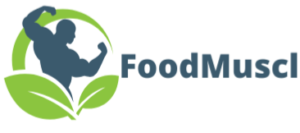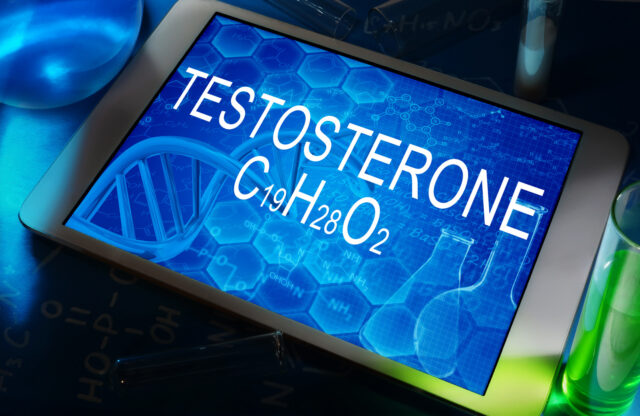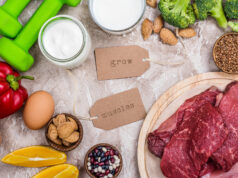Best Testosterone Rich Foods Boosters
Testosterone is a crucial hormone responsible for muscle growth, fat metabolism, bone density, energy levels, and reproductive health. Testosterone Rich Foods Boosters help maintain healthy levels, which is essential for both men and women to support overall well-being.
1. What Is Testosterone?
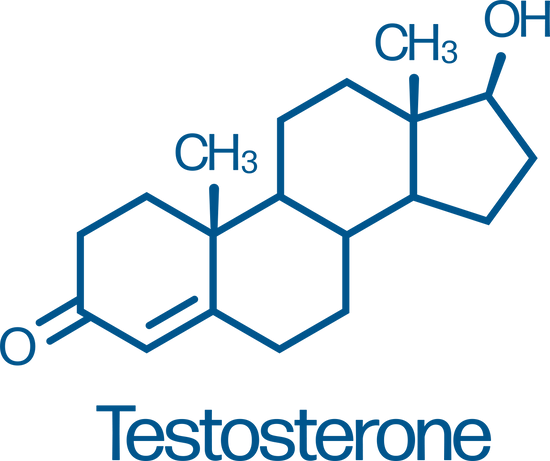
Testosterone is a steroid hormone primarily produced in the testes in men and the ovaries in women, with smaller amounts synthesized by the adrenal glands. It plays a crucial role in regulating muscle mass and strength, bone density, fat distribution, libido, and reproductive function, while also significantly influencing mood, cognitive health, and overall well-being. Additionally, testosterone impacts red blood cell production, energy levels, and metabolic function, making it essential for various physiological processes throughout life.
2. How Diet Affects Testosterone Levels
Your diet plays a crucial role in testosterone production by supplying essential nutrients like zinc, vitamin D, and healthy fats, while excessive consumption of processed foods, sugar, and unhealthy fats can lower testosterone levels; maintaining a balanced diet rich in natural testosterone boosters—such as lean proteins, leafy greens, nuts, and seeds—can help optimize hormone levels, support muscle growth, enhance energy, and improve overall well-being.
Best Testosterone-Rich Foods Boosters for Natural Boosting
Eating the right foods can naturally boost testosterone by supporting hormone production and reducing factors that lead to hormonal imbalances.
1. Animal-Based Testosterone Boosters
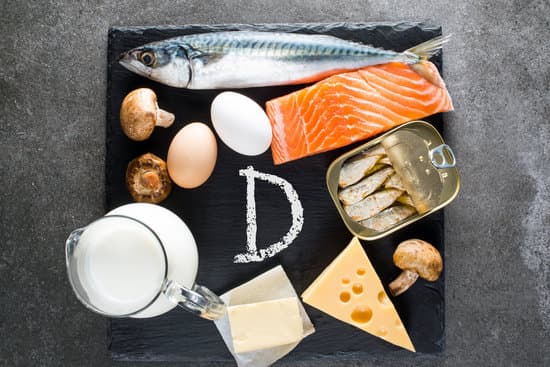
Lean meats like beef, chicken, and turkey are rich in protein, supporting muscle growth and testosterone synthesis, while red meat provides essential zinc and iron for hormone production. Fatty fish such as salmon, tuna, mackerel, and sardines are packed with omega-3 fatty acids, which reduce inflammation and enhance testosterone levels, along with vitamin D, a crucial hormone-regulating nutrient. Additionally, eggs and dairy products like cheese, yogurt, and whole milk contribute to hormonal balance, with egg yolks supplying cholesterol for testosterone synthesis and Greek yogurt offering probiotics and healthy fats that support overall endocrine health.
2. Plant-Based Testosterone Boosters
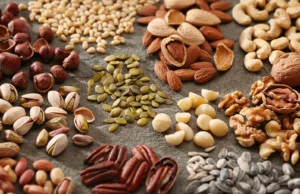
Certain foods naturally support testosterone production by providing essential nutrients. Nuts and seeds like walnuts, almonds, flaxseeds, and pumpkin seeds are rich in healthy fats and zinc, which are crucial for testosterone synthesis. Pumpkin seeds, in particular, are among the best plant-based sources of zinc and magnesium—two minerals that help boost testosterone naturally. Leafy greens such as spinach, kale, Swiss chard, and broccoli are packed with magnesium, which enhances free testosterone levels while also helping to lower estrogen, preventing hormonal imbalances. Fruits like bananas, pomegranates, avocados, and berries contribute in multiple ways: bananas contain bromelain, an enzyme that may support testosterone production; pomegranates improve blood circulation and reduce oxidative stress, which promotes hormonal balance; and avocados provide monounsaturated fats and vitamin B6, both of which aid in testosterone synthesis.
3. Essential Nutrients for Testosterone Production

Zinc is a crucial mineral for testosterone production, and consuming zinc-rich foods like oysters, shellfish, pumpkin seeds, and nuts can help maintain optimal levels; among these, oysters have the highest zinc content, making them one of the most effective natural testosterone-boosting foods.
Vitamin D, obtained from sources like sunlight, fortified foods, fatty fish, eggs, and mushrooms, acts as a hormone in the body, directly influencing testosterone levels, and regular exposure to sunlight along with a diet rich in vitamin D helps maintain optimal hormonal balance, support bone health, and boost immune function.
Healthy fats, such as olive oil, coconut oil, avocados, and nuts, are essential for hormone production since testosterone is synthesized from cholesterol; they also help reduce inflammation and support hormonal balance, contributing to overall health and well-being.
Lifestyle and Dietary Tips to Maximize Testosterone
While diet plays a major role in testosterone levels, lifestyle habits also have a significant impact.
1. Foods to Avoid for Optimal Testosterone Levels
Processed foods and sugary snacks can negatively impact testosterone levels, as excess sugar increases insulin resistance, potentially lowering testosterone production, while trans fats commonly found in processed foods have been linked to reduced testosterone. Additionally, these foods contribute to weight gain, inflammation, and poor metabolic health, all of which can further disrupt hormonal balance.
Excessive alcohol consumption disrupts hormone production, leading to increased estrogen levels, while too much caffeine elevates cortisol, a stress hormone that suppresses testosterone; together, these effects can contribute to hormonal imbalances, reduced muscle growth, and decreased overall energy levels.
2. Meal Planning for Testosterone Optimization
A testosterone-boosting meal plan includes a nutrient-dense Breakfast of scrambled eggs with spinach, avocado, and whole-grain toast; a protein-rich lunch featuring grilled salmon with quinoa, broccoli, and an olive oil dressing; a healthy snack of mixed nuts and Greek yogurt for sustained energy; and a well-balanced dinner with a lean beef steak, roasted sweet potatoes, and leafy greens, all designed to support hormone production, muscle growth, and overall vitality.
3. Additional Natural Boosters
✅ Strength Training and Exercise

Weightlifting and resistance training are proven to increase testosterone levels, especially when focusing on compound movements like squats, deadlifts, and bench presses, which engage multiple muscle groups, promote strength gains, and stimulate greater hormonal responses for overall muscle growth and performance.
✅ Proper Sleep and Stress Management
Aim for 7-9 hours of quality sleep, as testosterone production peaks during rest, while also managing stress through meditation, deep breathing, or yoga, since chronic stress elevates cortisol levels, which can negatively impact testosterone and overall well-being.
Final Thoughts
Incorporating testosterone-rich foods into your diet, along with a healthy lifestyle, can naturally boost testosterone levels and improve overall health.
Read more about how to Chest Muscle Dumbbell Exercises
